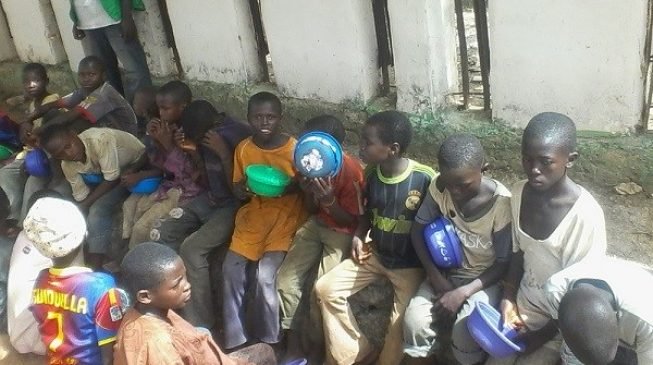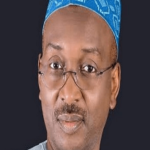The National Almajirci Summit has kicked against the move by state governments to abolish the Almajiri education in their respective states.
This was even as they insisted they are ready for reforms and saying they have gone far in coming up with a new model of Almajiri.
Speaking at a one-day workshop for Islamic clerics and Ulamas from the 19th northern states and Abuja at the weekend in Kaduna, the coordinator of the National Almajirci Summit, Hajiya Rabi Hussaini noted that the summit was borne out of the recent move by states governors to stop almajiri in their respective domains.
According to her, “as it is now, thousands of schools were either closed or temporarily closed,” saying thousands of Almajiri children are currently in their homes.
“This is not a good omen as most of these children have nothing doing apart from obtaining Islamic education.”
The coordinator maintained that it was based on this premise that experts from the academia, Ulamas and Islamic clerics were called to salvage the situation.
ALSO READ: #EndSARS: Adeboye’s son holds Sunday service outside Lagos Govt House
“This group of people now came up with a document Almajirci model cohorts which will be a working document that will be presented to all stakeholders use.
“We are ready for reforms and we are working hard to achieving that. For instance, we are involving our legislative arms to in these new reforms.”
Adamu stated that it will be a shame if Muslims allowed the Almajiri education to go under, saying the almajiri education has come to stay.
In his welcome address, one of the conveners of the summit, Dr Abubakar Kawu Hassan traced the history of Almajiri education to the pre-colonial era, saying even when Lord Lugard assumed power as Governor-General, he met 128,000 of such schools in the region.
Hassan remarked the then colonial government decided to leave the Northerners with their system even when they introduced their own Western education.
The Islamic cleric said the challenge is to combine both the Almajirci education and Western education.
Scholars like Professor Ibrahim Naiya, Professor Shehu Galadanci, Dr Bashir Galadanci, Dr Bala Mohammed, among others participated at the workshop.






